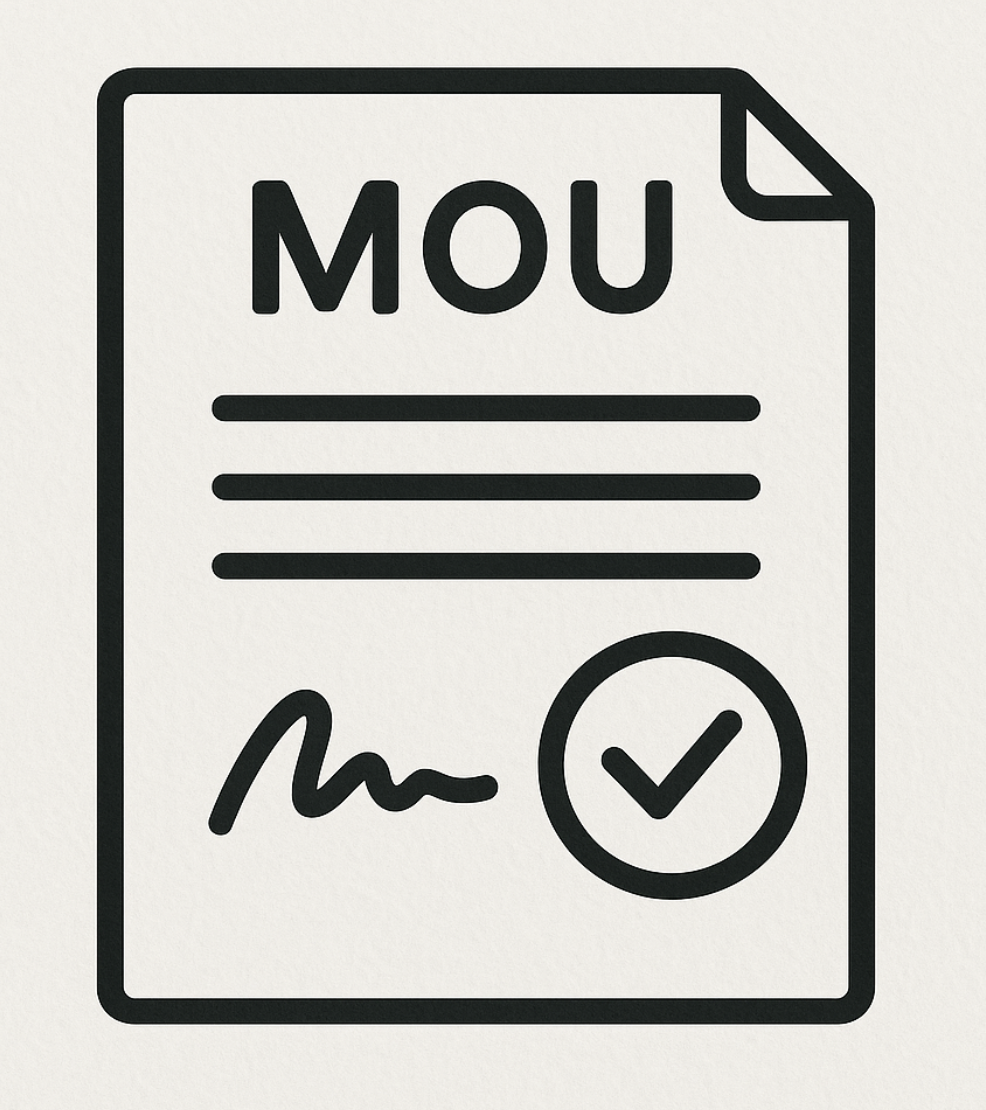MANAJEMEN SUMBER DAYA MANUSIA BERBASIS NILAI-NILAI ISLAMI
DOI:
https://doi.org/10.18592/jtipai.v10i1.3767Abstract
ABSTRACT: Human Resources are the greatest power in processing all resources on earth, because basically all of God's creations that exist on this earth are deliberately created by God for the benefit of mankind. This has been clearly stated by Allah in the Qur'an surah Al-Jatsiyah verse 13. Therefore, this existing resource must be managed properly because it is a mandate that will be held accountable in the future. To get good management, knowledge is needed to support the empowerment and optimization of the benefits of existing resources. In Surah Ar-Rahman verse 33, Allah has encouraged humans to seek knowledge as widely as possible without limits in order to prove the omnipotence of Allah Swt.KEYWORDS: Management; Human Resources; Islamic. ABSTRAK: Sumber Daya Manusia merupakan kekuatan terbesar dalam pengolahan seluruh resources yang ada di muka bumi, karena pada dasarnya seluruh ciptaan Allah yang ada di muka bumi ini sengaja diciptakan oleh Allah untuk kemaslahatan umat manusia. Hal ini sangat jelas telah ditegaskan oleh Allah dalam Al-Quran surah Al-Jatsiyah ayat 13. Oleh karena itu sumber daya yang ada ini harus dikelola dengan benar karena itu merupakan amanah yang akan dimintai pertanggungjawabannya kelak. Untuk mendapatkan pengelolaan yang baik, ilmu sangatlah diperlukan untuk menopang pemberdayaan dan optimalisasi manfaat sumber daya yang ada. Di dalam surah Ar-Rahman ayat ke 33, Allah telah menganjurkan manusia untuk menuntut ilmu seluas-luasnya tanpa batas dalam rangka membuktikan kemahakuasaan Allah Swt.KATA KUNCI: Manajemen; Sumber Daya Manusia; Islami.References
Mulyasa, E., Manajemen Berbasis Sekolah, Bandung: PT. Remaja Rosdakarya, 2004.
Arifin, Zainul, Dasar-Dasar Manajemen Bank Syari’ah, Jakarta: Alfabet, 2003.
Harahap, Sofyan Syafri, Akuntansi Pengawasan dan Manajemen dalam Perspektif Islam, Jakarta: Fakultas Ekonomi Universitas Trisakti, 1992.
Adiwarman A. Karim, Ekonomi Islam, op. cit., h. 171.
Bachrun, Saifuddin, Buku Induk Manajemen SDM-Human Capital Syari’ah, Jakarta: Lazis Dewan Da‟wah Islamiyah Indonesia, 2014.
Yusanto, Muhammad Ismail, dan Muhammad Karebeet Widjajakusuma, Menggagas Bisnis Islam, Jakarta: Gema Insani Press, 2002.
Sinn, Ahmad Ibrahim Abu, Manajemen Syari’ah: Sebuah Kajian Historis dan Kontemporer, Jakarta: PT. Raja Grafindo Persada, 2002.
Lubis, Suhrawardi K., Hukum Ekonomi Islam, Jakarta: Sinar Grafika, 2000.
Hasyim, Junaidah, Islamic Revival in Humane Management Practices Among Selected Islamic Organization in Malaysia, 2009.
Dahlan, Abdul Aziz, et, al (ed), Ensiklopedi Hukum Islam, Jilid 2, Jakarta: PT. Ichtiar Baru Van Hoeve, 1997.
Downloads
Published
How to Cite
Issue
Section
License
Authors who publish with this journal agree to the following terms:
- Authors retain copyright and grant the journal right of first publication with the work simultaneously licensed under a Creative Commons Attribution License that allows others to share the work with an acknowledgement of the work's authorship and initial publication in this journal.
- Authors are able to enter into separate, additional contractual arrangements for the non-exclusive distribution of the journal's published version of the work (e.g., post it to an institutional repository or publish it in a book), with an acknowledgement of its initial publication in this journal.
- Authors are permitted and encouraged to post their work online (e.g., in institutional repositories or on their website) prior to and during the submission process, as it can lead to productive exchanges, as well as earlier and greater citation of published work.










